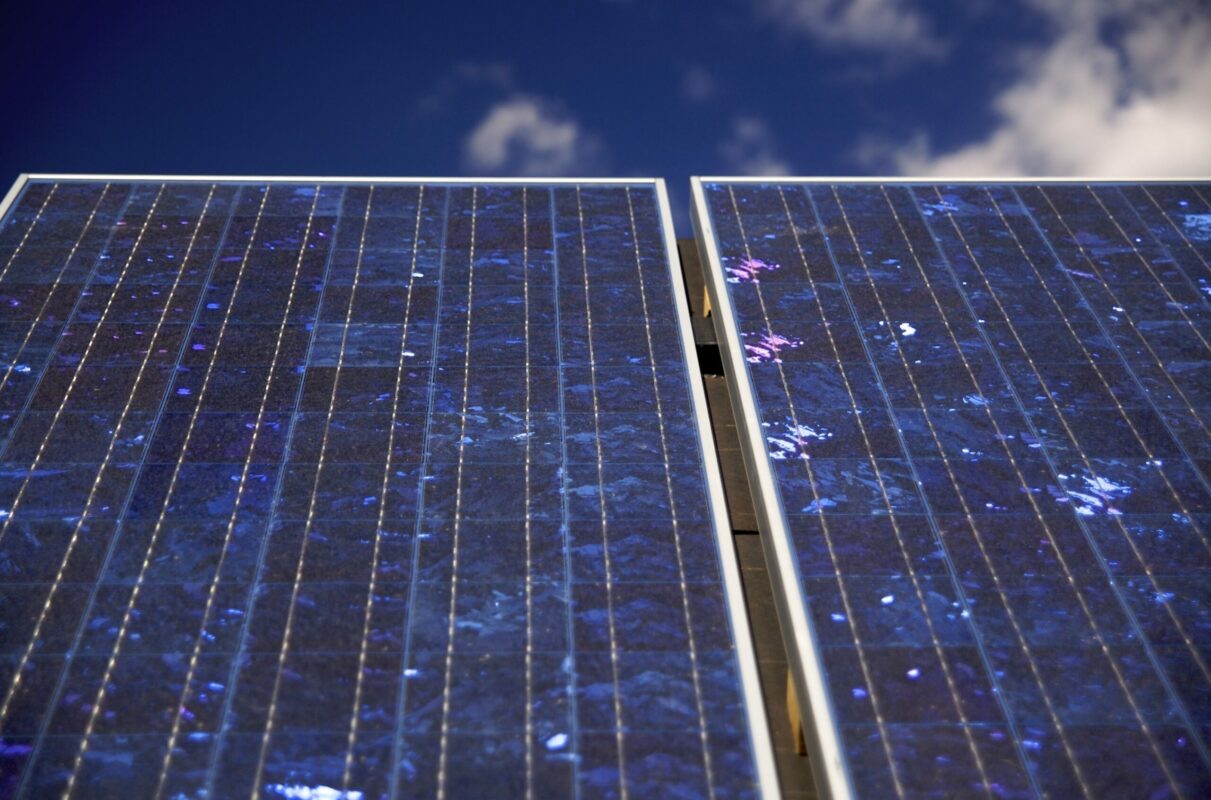
Cardiff Council is to run the rule over a planned ground-mount solar farm this week which could bolster public coffers to the tune of more than £6 million.
The council is seeking to convert an old landfill site into a 7.5MW solar farm which, if approval is granted at a meeting on 15 June 2018, could be commissioned as early as next September.
And the council has been working alongside a company located nearby which would become a part-offtaker of the solar farm’s generated capacity. That business has agreed in principle to enter into a 20-year power purchase agreement for 4.5MW of the farm’s total capacity, with the remainder exported to the national grid.
Following the conclusion of the agreement, all 7.5MW of the farm’s capacity will be exported for the remaining 15 years of its life expectancy, the council said.
Cardiff Council cabinet member for clean streets and recycling Michael Michael added that power generated from the site could be used to fuel the council’s fleet of electric vehicles when they are brought into service.
“This additional benefit isn't currently part of the business case but has the potential to make the scheme even more attractive to the council,” he said.
Councillor Michael said that a business case produced for the project placed total costs, including operation and maintenance, stood at around £14.9 million.
However this stood to be dwarfed by the potential benefits of the project.
“Over the same time period, the projected income generated from this green electricity could be in excess of £21 million. In this instance, the business case shows that the council can reduce our carbon emissions and increase the production of renewable energy in Wales in line with Welsh government's requirements. It could also generate an income for the council from an otherwise difficult site to develop,” he said.
The council had originally intended to lease the site to a third-party developer and negotiated for a grid connection agreement, however the government’s decision to curtail the Renewables Obligation early meant the project fell through.
But since then, the council said, the cost of panels had fallen to such an extent that the newly proposed scheme was viable from a business perspective.
If approved, development of the site is to be contracted via a competitive tender process.
Should the cabinet approve the plans later this week, it has been recommended that the tender process be started and negotiations with the proposed offtaker be finalised.

